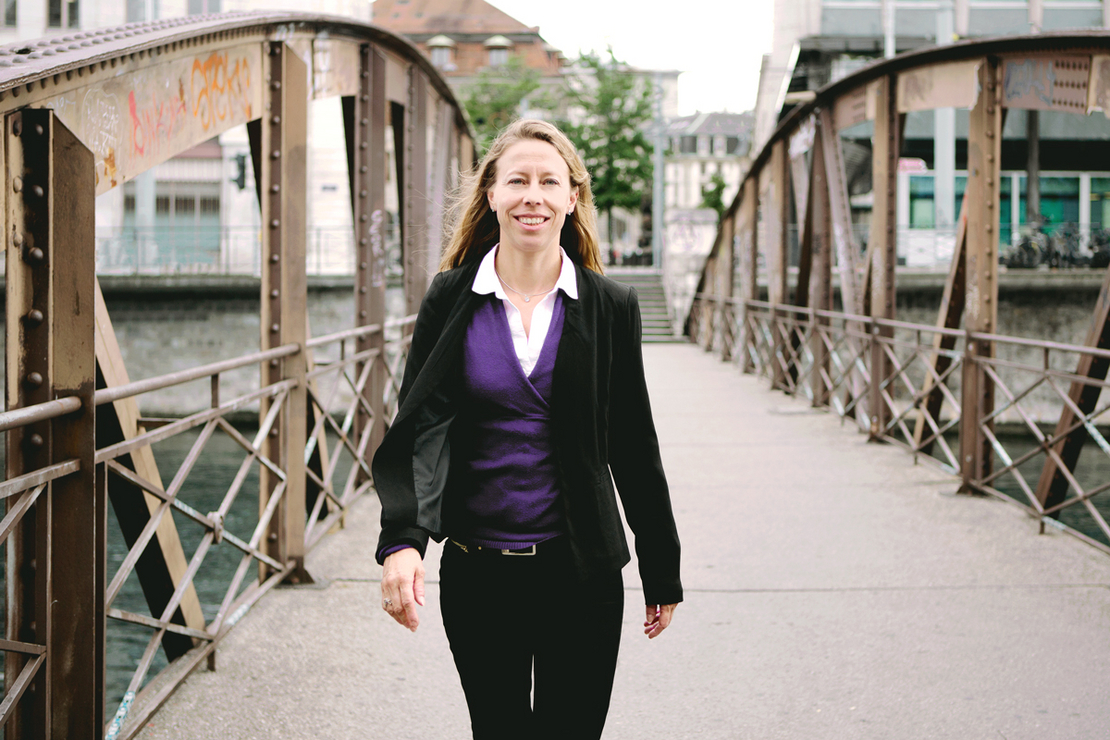UniDistance Suisse is accredited in accordance with the Federal Act on Funding and Coordination of the Swiss Higher Education Sector, HEdA.
This recognition was based on an evaluation by the Agency for Accreditation and Quality Assurance (OAQ), as well as a positive statement from the Swiss University Conference (SUK).
UniDistance Suisse has been recognised by the Swiss Government since 2004.
UniDistance Suisse provides high-quality services in the areas of support and distance university studies, which compliment services offered by universities. The institution’s educational offerings and advise & support services add significant value to the Swiss university landscape.
Studying in Compliance with the Bologna Reform
At UniDistance Suisse, you study in compliance with the Bologna Guidelines. The aim of the Bologna Reform was to create more transparency and better comparability of university qualifications - with the intention of also promoting mobility and exchange at university level within Europe. This resulted in the two-tier system of Bachelor’s degrees and Master’s degrees, based on the Europe-wide points system (ECTS).
What are ECTS points?
ECTS (European Credit Transfer System) is the Europe-wide system of calculating, transferring and accumulating studies. One ECTS point is equivalent to around 25 to 30 hours of work.
What is a Bachelor’s degree?
The Bachelor’s degree is the initial academic and professional qualification offered by a university, and is also the foundation for taking up a complementary Master’s degree in the same subject area. A Bachelor’s degree constitutes 180 ECTS points, and is completed after studying for at least three years.
What is a Master’s degree?
The Master’s degree can be completed after a successful Bachelor’s degree. The Master’s degree con-stitutes around 90 to 120 ECTS points and provides additional further knowledge in a certain subject area. A Bachleor’s degree is required in the relevant subject area before a Master’s degree can be begun.
What are modules?
Since the Bologna Reform, Bachelor’s and Master’s degrees are made up of several modules, which are completed and tested individually. One module can be made up of several courses or partial elements. They are always completed by taking a module exam and evaluated with a certain number of points (ECTS points).
You can find out more about the modules in your subject by viewing the relevant course.
What is a Certificate of Advanced Studies (CAS)?
A Certificate of Advanced Studies or CAS offers specific knowledge on a topic so that an additional qualification can be acquired in a particular subject area.
It usually lasts a few months to a year and often includes project work in addition to online teaching and self-study. It is part-time and amounts to at least 10 ECTS credits, which corresponds to a workload of 250-300 hours (including self-study).
What are continuing education courses?
Continuing education courses offer subject-specific knowledge for selected professional groups or general content for an audience interested in scientific topics. Participants usually receive a certificate of attendance.
For certain subject-specific courses, a certificate of achievement is delivered. In this case, a confirmation of the ECTS points earned is issued.
Find out more
Swiss Universities' website
Council of Europe information on higher education and research
Are you looking for...
Flexible studying that fits into your schedule?

Organise your studies according to your constraints.
Support from your teaching teams?

Receive personalised support and stay in touch with other students.
Personal and professional success?

Our students find jobs and improve their self-esteem.
